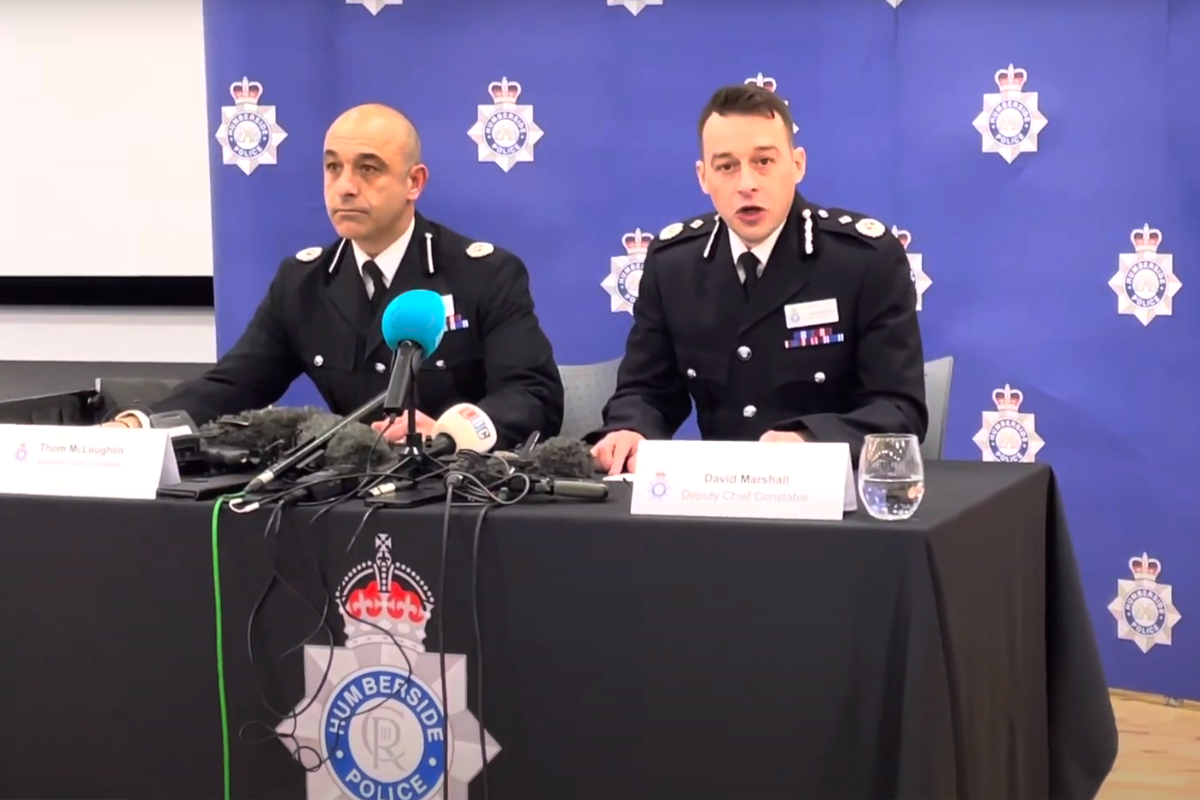
This week is National Stalking Awareness Week and the police force covering East Riding say it's a week dedicated to highlighting the impact and seriousness of stalking.
To help communities in the East Riding and beyond understand a bit more about stalking and how Humberside Police investigate it, the force spoke to Detective Inspector Sam Bowley from the Safeguarding Governance Unit, who is also the Stalking Coordinator for the force.
They asked her all about her role and what people should do if they are victims.
Q: Can you explain what the role of a Stalking Coordinator is?
“I’ve been a police officer for 20-years and I started my new role as a Stalking Coordinator in December last year.
“My role involves being a tactical advisor for the force, whilst driving operational delivery on our stalking action plans to ensure training is being provided to identify, investigate and risk assess our investigations of stalking.
“Identifying and managing risk is an integral part of stalking. By implementing a safeguarding plan and risk assessment for the victim, this then ensures any harm or risk is identified as soon as possible.
“This is where working with partners and charities are extremely important as they offer additional support to victims and work closely with the police to put safeguarding plans in place.
“I also advise on Stalking Protection Orders (SPO) and work very closely with the forces legal department. By securing an SPO, this will safeguard victims along with any other conditions the police can impose.
“I deliver various training inputs to officers and staff during their personal professional development days. The training ensures that we understand the typologies of perpetrators and how to recognise the signs. This includes how perpetrators become fixated and obsessed with the victim, and what actions and behaviours they are likely to be using to commit these crimes.
“Amongst all of this, the force also holds monthly meetings with partners to discuss the work that we are doing, and I am currently in the process of assisting in the setup of our new stalking scrutiny panel.”
Q: What does a typical day for you look like?
“A typical day can really vary in my role - no two days are the same!
“From training and arranging meetings with our partners, to carefully reviewing investigations that need my input.
“Managing SPO’s forms a huge part of my role and as part of this, I have set up new processes to ensure the offenders comply with their conditions, and officers are required to check those conditions are being adhered to.
“Our Op Galaxy team are playing a crucial role in this by ensuring they make those checks with the perpetrators and ensuring action is taken if any breaches of the orders have been identified. This ensures victims continue to be supported, even after an investigation may have finished.”
Q: Why is the work you do so important?
“Some victims may not even recognise the signs of stalking as these can be committed in many forms. This includes receiving unwanted calls and text messages, contacting the victim, their family, and friends on social media, turning up unannounced, following the victim, leaving gifts, hacking into the victim’s accounts and tracking their movements.
“There is no single motivation of offenders for stalking and it’s a diverse and often complex field that sometimes leads to circumstances where the perpetrator will pose a serious threat or harm to the victim.
“Stalking is a serious crime and cases can escalate to the most serious of offences. It is often misinterpreted and misunderstood to be romantic and complimentary to victims, but stalking is about fixation and obsession.
“As a force, it’s our responsibility with our partners to raise awareness and signpost victims for the right support whilst investigating with the correct understanding and knowledge of the offence.
“Holding ourselves to account and having scrutiny around our investigations is imperative to continuously learn and develop. This is why it is so important that police and partners work together to keep victims safe and bring perpetrators to justice.”
Q: What should people do if they are being stalked or have concerns that a loved one is being stalked?
“I would encourage any victims to always report it to us. We will listen to you; we will believe you and we will help you.
“The police will take your complaint seriously and investigate. I have heard some victims say that they are sorry for bothering the police and what they are reporting doesn’t seem that serious, but even if they do not seem that serious to the victim, it can in fact be the early signs of stalking.
“You can do this by calling our non-emergency 101 line. If you are in immediate danger or there is a crime ongoing always call 999.”
Alternatively, The National Stalking Helpline is the first dedicated information and advice service for people affected by stalking or harassment.
Helpline staff can provide practical advice to people about personal safety, how to collect evidence and what to do about different stalking behaviours.
You can call them on 0808 202 0300, email them at advice@stalkinghelpline.org, or visit their website for more information: www.stalkinghelpline.org.





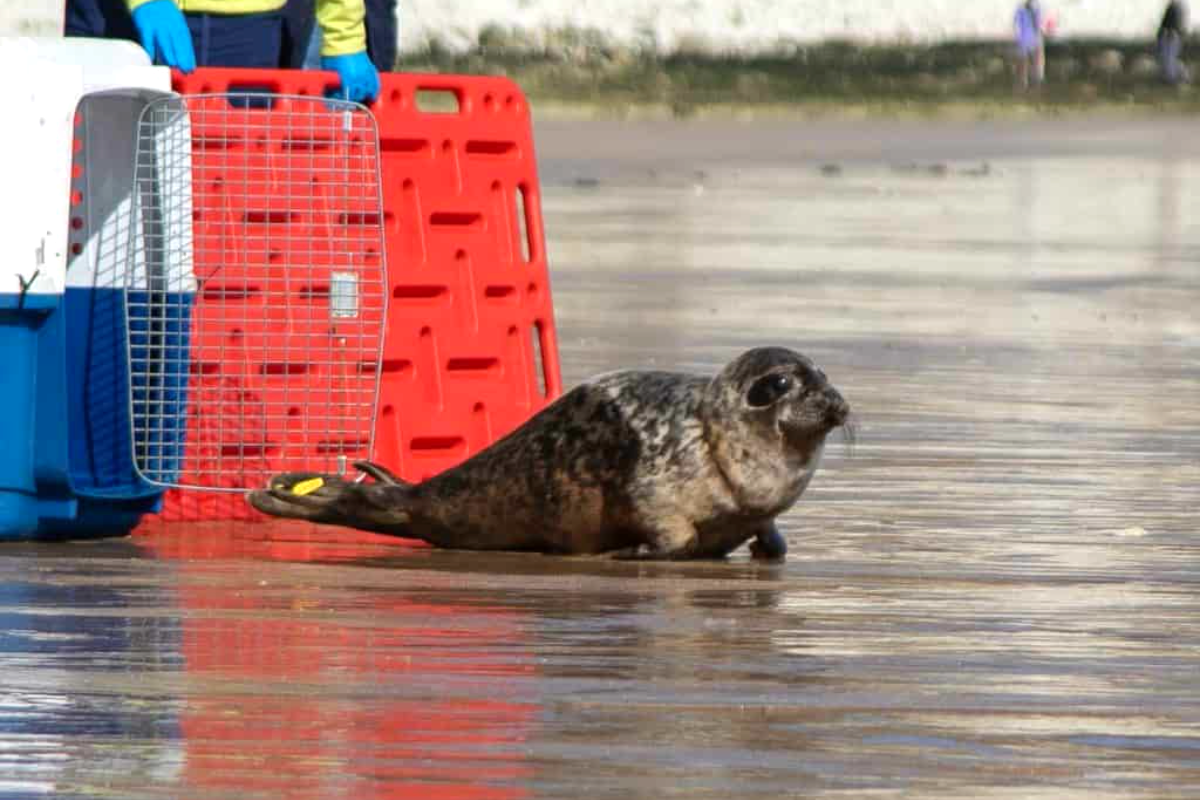 Injured Yorkshire Coast Seal Back in the Water
Injured Yorkshire Coast Seal Back in the Water
 Flamingo Land Welcomes Baby Giraffe
Flamingo Land Welcomes Baby Giraffe
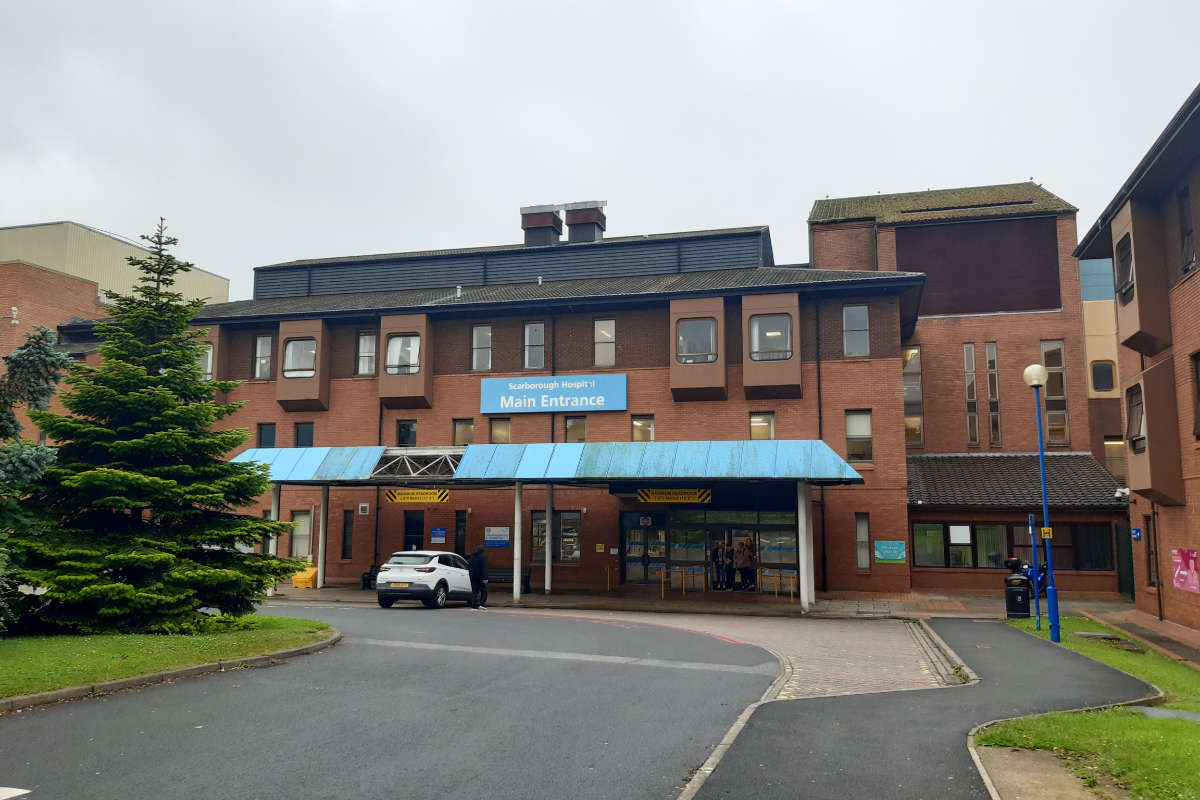 Scarborough and Whitby MP to Launch Petition for Return of Stroke Services
Scarborough and Whitby MP to Launch Petition for Return of Stroke Services
 UK Mayors Being Urged to Buy Scarborough Buses
UK Mayors Being Urged to Buy Scarborough Buses
 Free Music Events in Scarborough to Raise Funds for Andy's Man Club
Free Music Events in Scarborough to Raise Funds for Andy's Man Club
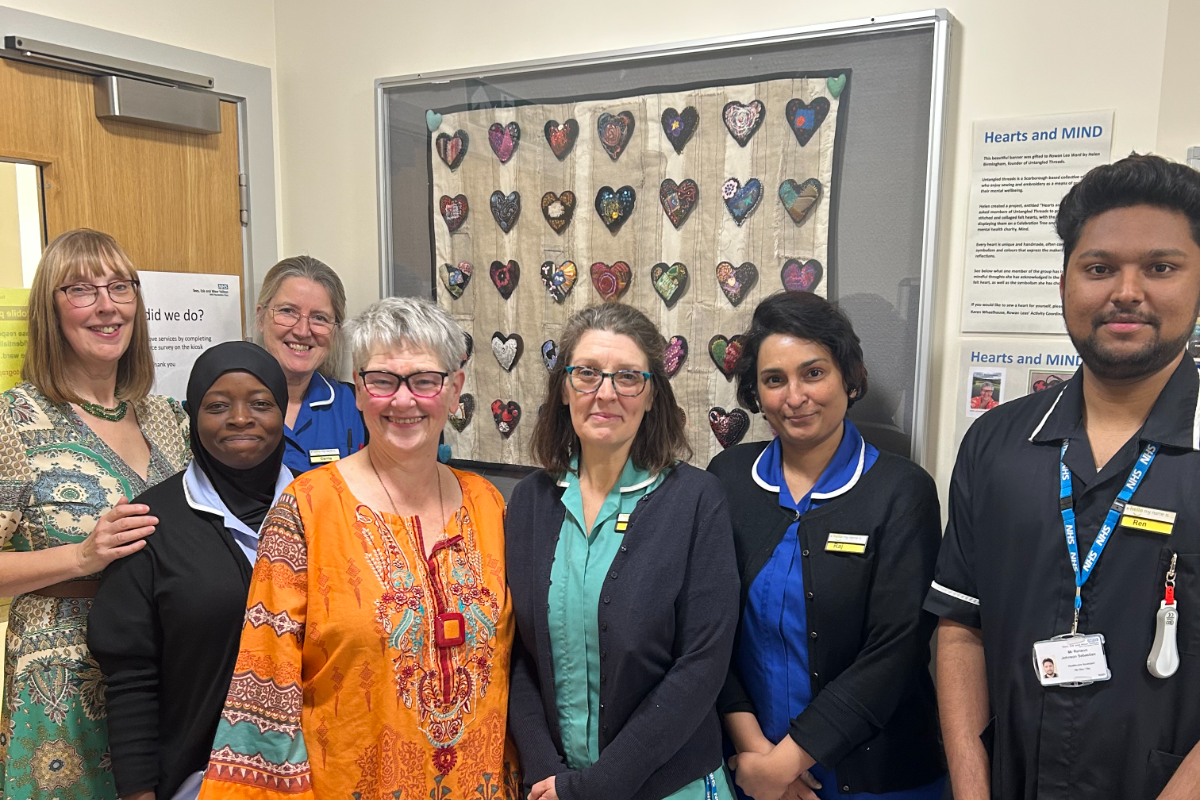 Scarborough's Cross Lane Hospital Receives Heartfelt Gift
Scarborough's Cross Lane Hospital Receives Heartfelt Gift
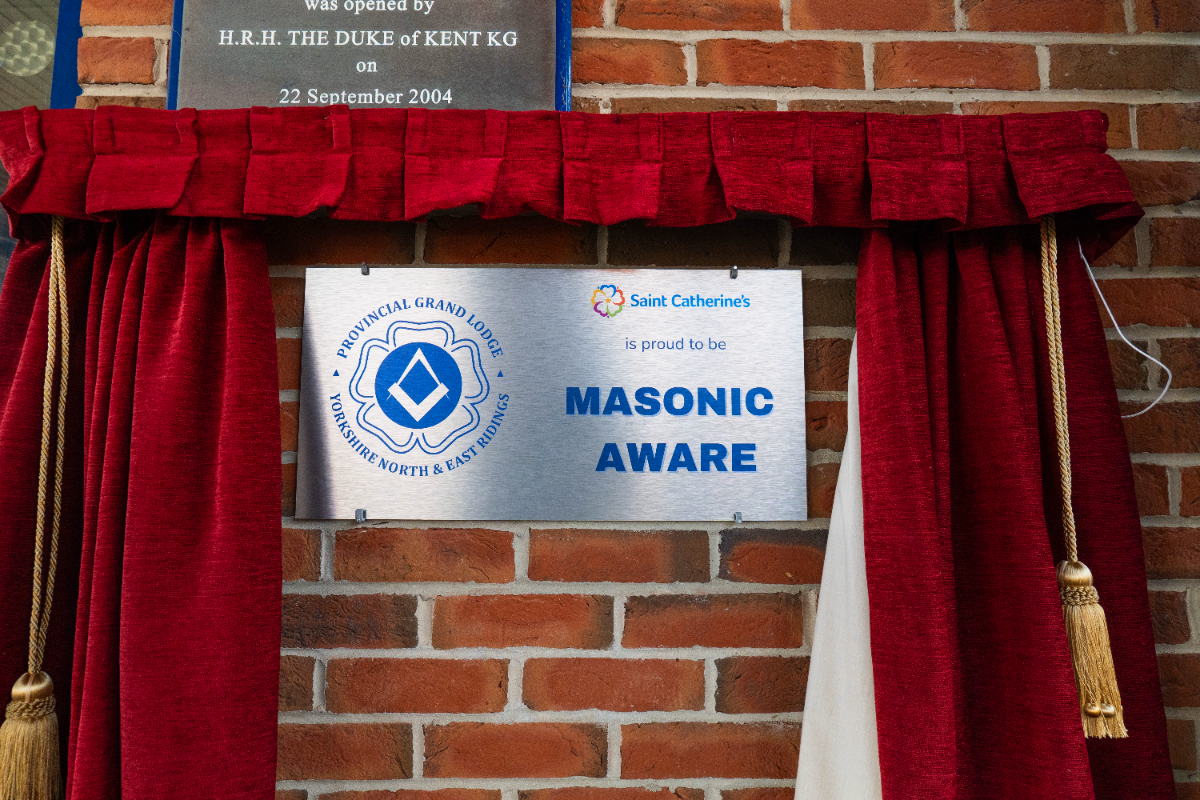 Saint Catherine’s Becomes First UK Hospice to Launch Masonic Aware Initiative
Saint Catherine’s Becomes First UK Hospice to Launch Masonic Aware Initiative
 Candidates Confirmed for First Scarborough Town Council Elections
Candidates Confirmed for First Scarborough Town Council Elections
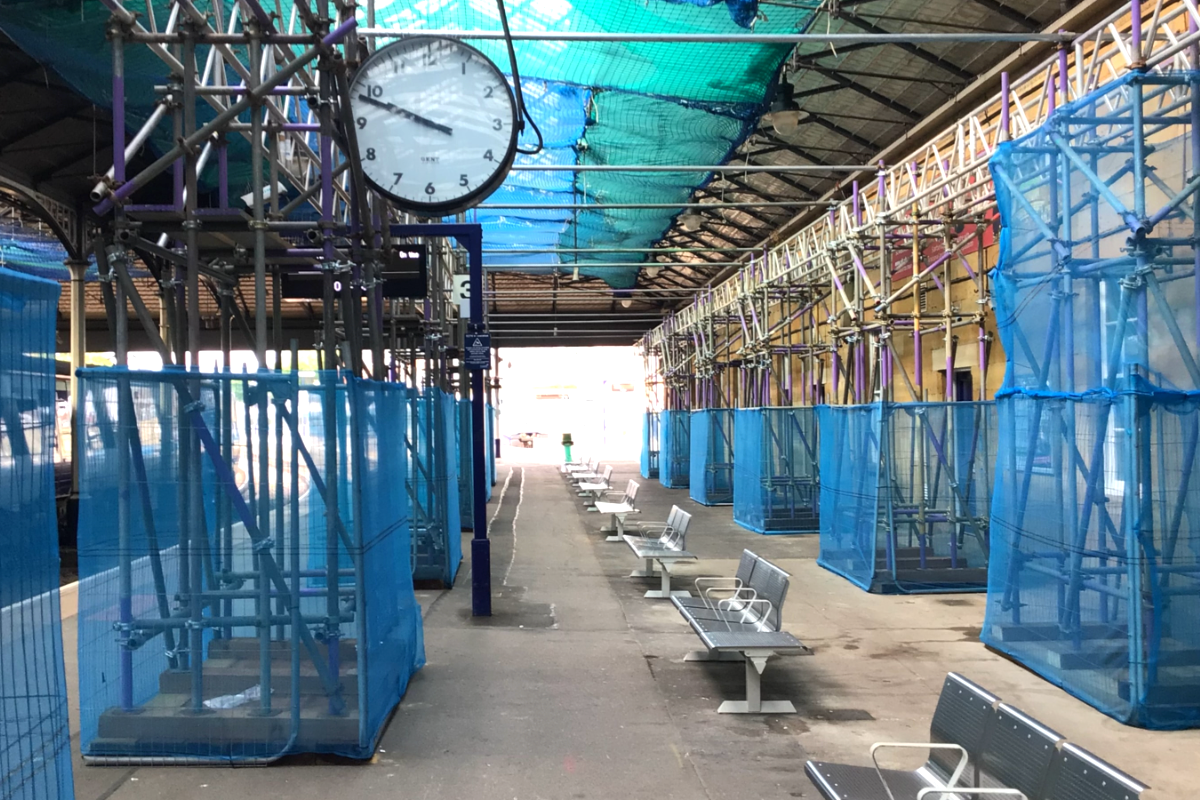 Scarborough Station Set for Multi-Million-Pound Roof Renovation
Scarborough Station Set for Multi-Million-Pound Roof Renovation
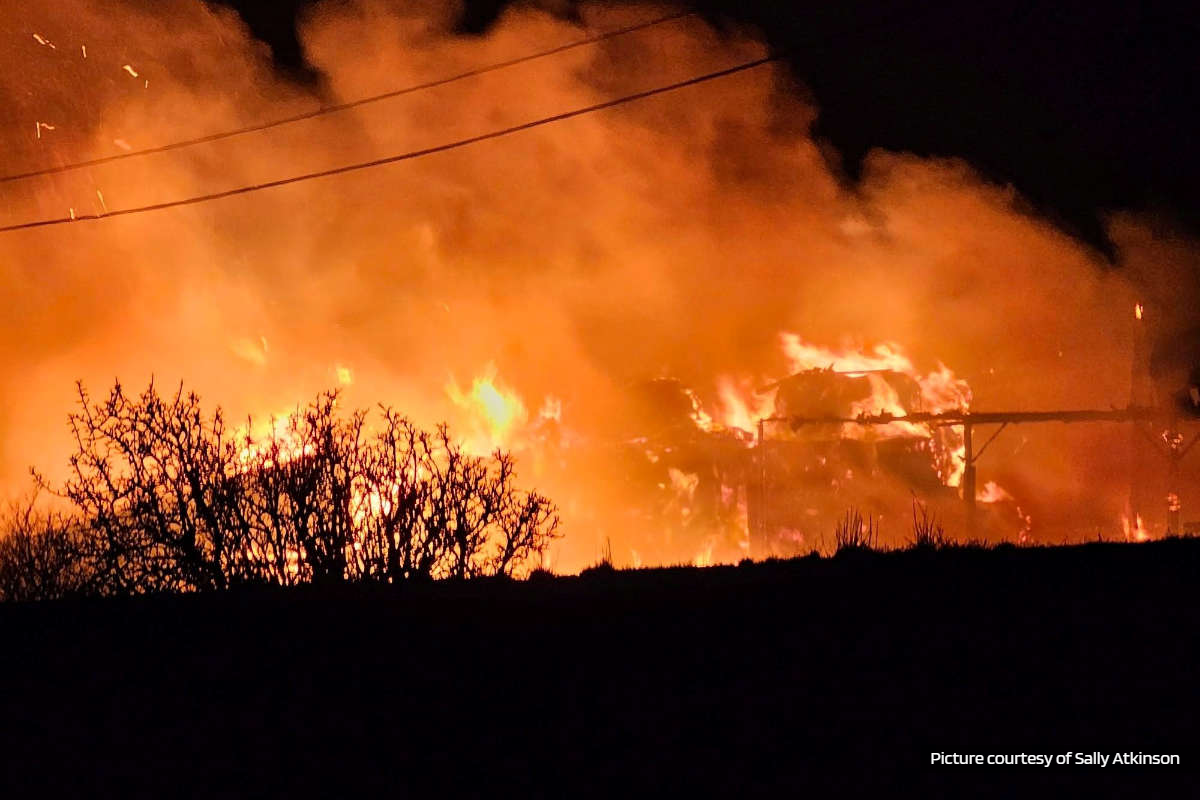 Renewed Appeal Following "Shocking" Arson in Whitby
Renewed Appeal Following "Shocking" Arson in Whitby
 Six Candidates Standing to Become First Elected Mayor of Hull and East Yorkshire
Six Candidates Standing to Become First Elected Mayor of Hull and East Yorkshire
 Construction to Start on Whitby Maritime Hub
Construction to Start on Whitby Maritime Hub








Be the first to add a comment using the form below.